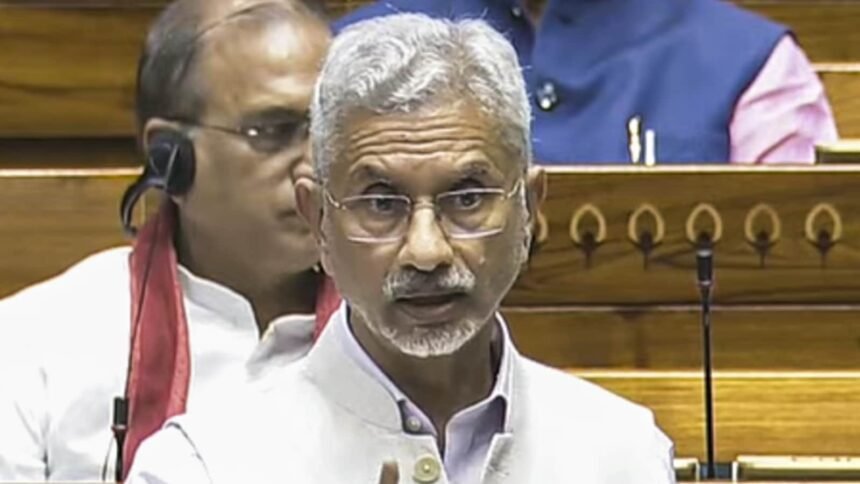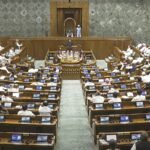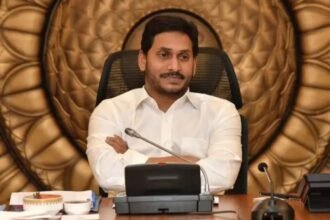Operation Sindoor against Pakistan in response to the April 22 Pahalgam terror attack, which killed 26 civilians, marked a “new normal” in how India responds to terror and showed “we will never bow down to nuclear blackmail,” External Affairs Minister S Jaishankar said in the Lok Sabha Monday.
Calling for a united approach within the country in dealing with terror, Jaishankar said, “The challenge of cross-border terrorism continues, but Operation Sindoor marks a new phase. There is now a new normal.”
The new normal has five points, he said. “One: terrorists will not be treated as proxies, two: cross-border terrorism will get an appropriate response, three: terror and talks are not possible together and there will only be talks on terror, four: not yielding to nuclear blackmail and finally, terror and good neighbourliness cannot coexist, blood and water cannot flow together. This is our position.”
On the foreign policy dimension of Operation Sindoor, Jaishankar said that thanks to India’s diplomacy, The Resistance Front (TRF) — a proxy of Lashkar-e-Taiba that claimed responsibility for the Pahalgam attack — was designated as a global terrorist organisation by the US on July 18.
He said the focus of India’s diplomacy (in the wake of Pahalgam attack) was directed at creating a global understanding of Pakistan’s involvement, especially at the United Nations Security Council (UNSC), of which Pakistan is presently a (non-permanent) member and India is not. “Our goals in the Security Council were two: to get an endorsement from the Security Council on the need for accountability, and to bring to justice those who perpetrated this attack,” he said.
Jaishankar also said that a result of India’s diplomacy post-Pahalgam attack was that only three of the countries that are part of the UN opposed Operation Sindoor. Underlining that India’s response to Pahalgam was “focused, measured and non-escalatory”, he said it was important to send a “clear, strong and resolute” message that “our red lines had been crossed”.
In response to the Opposition’s question on why India chose to stop the military action (on May 10), he accused the then Congress-led government of “inaction” after the 2008 Mumbai attacks. “People who did nothing have the temerity to ask a government which did so much, which brought down Bahawalpur and Muridke, to say why didn’t you do more – it’s extraordinary,” he said.
Story continues below this ad
He also took on the Opposition for warning the government on a two-front challenge coming from Pakistan and China, saying it was their doing over the last six decades. “We are getting warnings about Pakistan-China collaboration, when this has been going on for 60 years,” he said.
Jaishankar also slammed the Opposition leaders’ visits to China “when the Chinese were issuing stapled visas to people from Arunachal Pradesh and Leader of Opposition Rahul Gandhi’s meeting the Chinese Ambassador in the days of the Doklam standoff eight years ago.
“I did not go to China for Olympics, secret agreements; I went to make India’s stand clear on terrorism, trade restrictions and de-escalation,” he said. “The very people who are cautioning us on China are the people who allowed 3G and 4G to come from China. It was this government which ensured Made in India 5G.”









